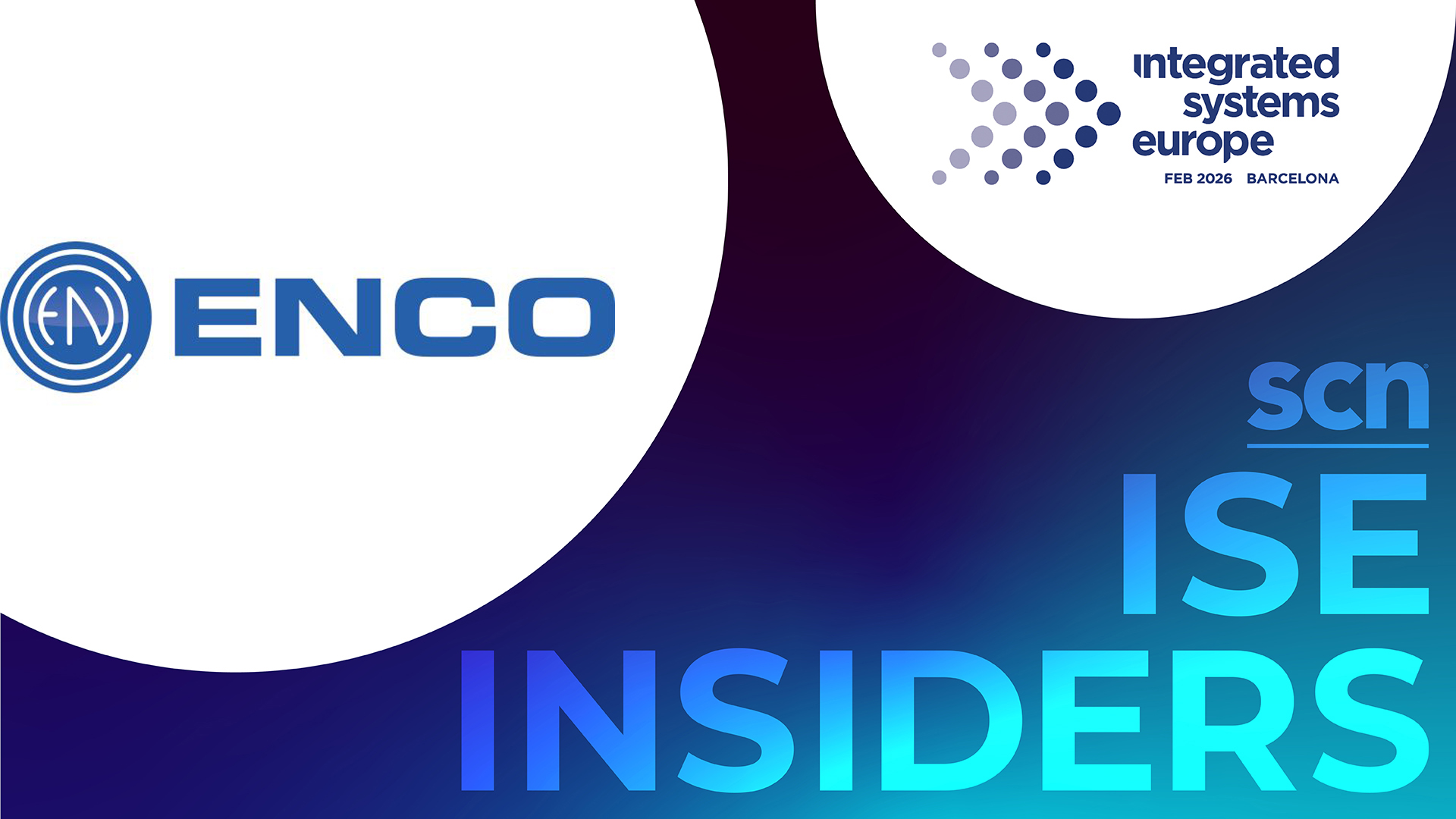Apple's OS Changes Create Management Migraines
Add us as a preferred source on Google
- As I've noted previously, I'm partly responsible for managing the computer lab in the school where I serve. Each year—normally during late summer, shortly before the beginning of a new semester—we rehab all existing computers by creating a disk image, reformatting the hard drive, and applying the new image to each machine in turn.
- I've spoken to others who tackle similar tasks for their institutions, and am somewhat jealous of the ease with which these processes seem to take place in their shop. Still, I suspect that most of them have experienced the same difficulties as have we with Apple's latest operating systems, namely Mac OSX 10.7 (Lion) and 10.8 (Mountain Lion).
- We heard inklings of potential troubles early on with Lion, due to Apple's decision to hide as much of the OS's geekiness as possible from the consumer. Evidently Apple decided they were selling computers almost exclusively to users who might be familiar with email and web browsing, but little else. Examples of this are legion, and those that can be mitigated usually require a trip to the Terminal. For example, there is no longer a “Save As” option; instead, some apps implement a version system that doesn't really work. The user's Library folder is hidden by default, and needs the Terminal to find it. By default, every application, including the Finder, insists on restoring the last opened file when quitting (there is a checkbox to disable this, but it is not global and I've yet to find a function that accomplishes this that is global). And, yes, the old reliable scrollbars are forever replaced with a set that appears to be programmed in Java, and is designed to be as unobtrusive, and therefore difficult to use, as possible. In addition, Mountain Lion (10.8) adds insult to injury by integrating Twitter into the OS, and while it does notify the user when an app tries to access the user's contacts, there seems no way to simply disable that functionality altogether.
- These are just the items that affect end-users; there are more landmines afoot for the facilities manager. With the significant increase in security within the new systems, the Apple Keychain has become a bugbear. New users who log on with network authentication for the first time cannot avoid answering how they would like their Keychain file handled—the choices are to create a new Keychain file, adhere to the old one (which assumes they know the password for that specific file, when they likely don't), or ignore the issue altogether, which creates some minor havoc later on as various apps ask for authorization.
- Then there is the increased reliance on the Macintosh App Store, which has a slew of issues. First and foremost is the amount of time it takes for Apple to vet a new version of a given application. We've already run into the situation where we had an option to buy a utility app from the publisher or from the App Store. We chose the App Store believing it would make the updating process more streamlined and automatic. It may yet do that, but has not done so yet—here's what it has done. This specific app had some annoying bugs in the version which we bought from the App Store. The vendor worked diligently to fix these bugs, and made patched updates available on its website, but only for customers who bought direct from them. It's not that they would not make update available to MAS customers; the authentication for the app was different for the direct product versus the MAS product. As a result, we had to wait a full six weeks until the updated version of the app was available on the Mac App Store, during which we simply had to live with the “bugs.”
- Another version was released shortly after, and this time it only took Apple four weeks to vet the app and make it available on the Store. Suffice it to say that in future we will not be buying any applications for the computer lab from the Macintosh App Store.
- But we had to move, as the new machines required it. Of course, no sooner than we upgraded to Lion, Mountain Lion became available. I suspect we will delay that decision as long as humanly (or inhumanly) possible.
Steve Cunningham is an assistant professor of practice at USC’s Thorton School of Music.
Get the AVTechnology Newsletter
A daily selection of features, industry news, and analysis for AV/IT professionals. Sign up below.
TOPICS
